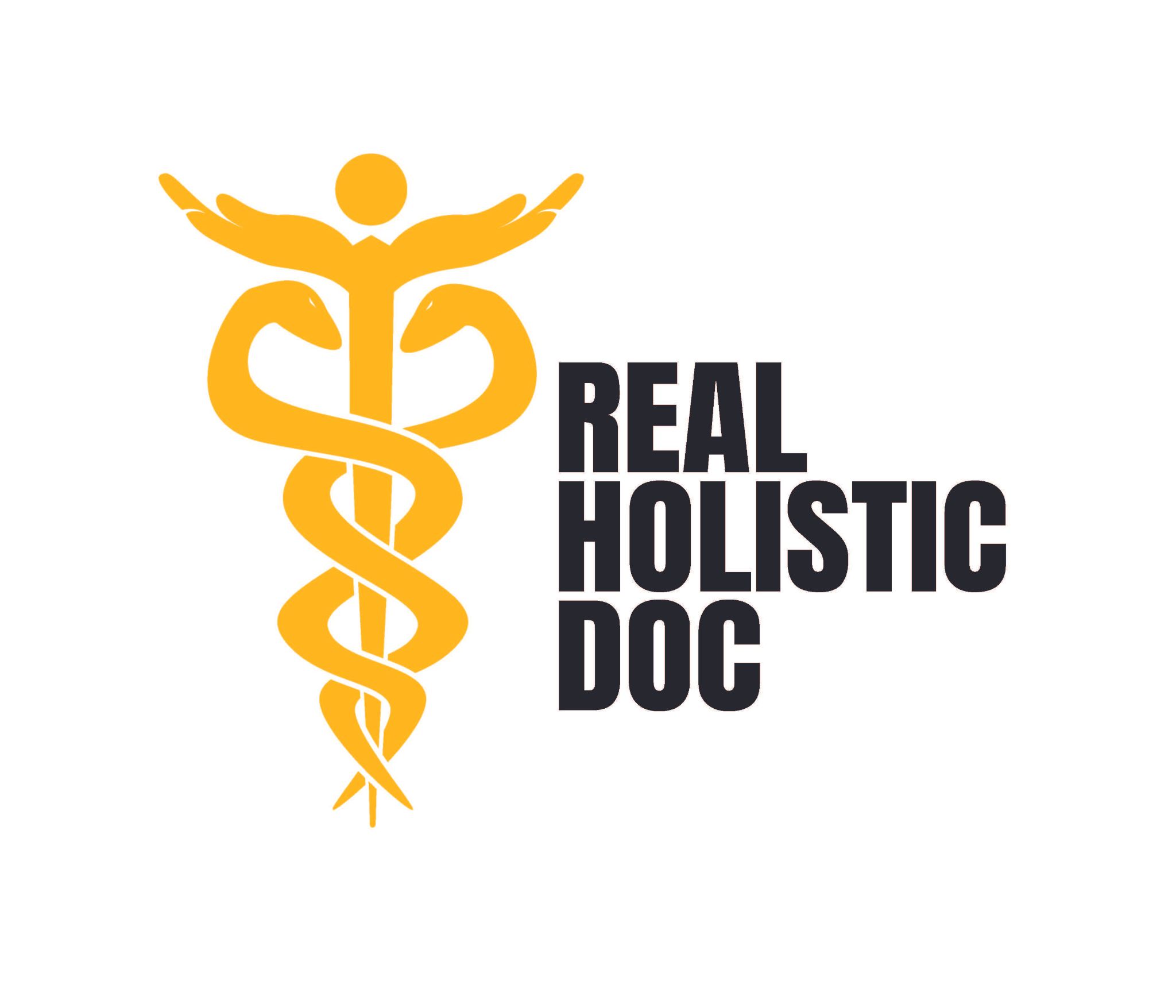When you hear the word “medicine,” what do you think of? Sterile clinics, white lab coats, busy waiting rooms, high deductibles, insurance bureaucracy? Perhaps your mind jumps to the countless television medical dramas that plot around big-city disasters and overrun emergency rooms. If you’re like the average American, you’re not envisioning a calming environment and a natural, non-invasive approach to real health. Mention the word “holistic,” and your skepticism may get piqued. “Is holistic medicine safe, let alone effective?”
Easier to trust what you’ve always known…what you’ve been conditioned to accept and believe.
Trying to speak truth without the bullhorn of “the system” is like a small business owner going up against Walmart or Amazon. The masses resign to habit and conditioning, even when those aren’t in their best interest.
What is the irony with respect to conventional medicine?
People are conditioned to believe that conventional medicine is safe and to question, “Is holistic medicine safe?”
Why the irony?
Well, let’s start with the fact that roughly 1 in ever 25 hospital inpatients gain an infection related to hospital care. Makes you second-guess that trip to the ER and possible admission to the hospital.
Holistic medicine, on the other hand, is predicated on safety and effectiveness.
Holistic medicine is a whole-being approach to health and wellness and usually combines traditional medicine and what others may call complementary and alternative medicine (CAM).
Its priority is prevention first, with a focus on the entire person – body, mind, spirit, and social wellness. It seeks to remedy the underlying cause of disease, which is a problem of the whole body, not just one part.
Compare this philosophy and approach to those of conventional medicine, which focuses on treating symptoms or a specific area of disease or injury.
When it comes to treating chronic illness, holistic medicine is far safer than conventional medicine. As a matter of fact, it is virtually 100% safe because the number-one requirement for utilization of a treatment is its safety.
It also has to be effective, or why bother, right?
Conventional medicine has its rightful place, of course. Treating acute illnesses, injuries, or trauma, for example, belongs to traditional medical doctors, obviously.
Establishing longevity of good health and navigating chronic illness are far better within holistic medicine.
When a doctor writes you a prescription for a pharmacological drug, you assume it’s safe to take for your condition, don’t you? After all, the FDA approved it, and a medical doctor prescribed it. (And, of course, nothing is more convincing than all the bubbly, healthy-looking people in those drug commercials.)
So why, then, do more than half of all prescription drugs cause adverse side effects that aren’t detected until after FDA approval and sometimes many years later? Don’t you find it alarming when law commercials come on in the wee hours, asking if you have suffered some malady in response to a prescription drug?
If you’re going to ask, “Is holistic medicine safe?” you should also ask, “Is conventional medicine safe?”
And, as you weigh the risks and benefits, keep in mind that nothing – nothing –is more important than your health.
Without it, you may exist, but you’ll have no life.
